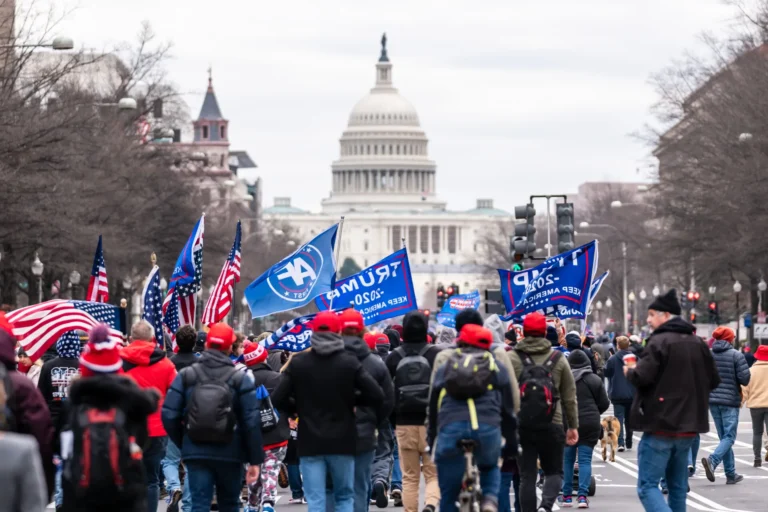Why do Bush’s taxcuts so favor therich?
Congressional Study Shows Tax Cuts Favor WealthyBy Cliff Montgomery – Jan. 10th, 2007Economists have long known it. For years, neo-conservatives blindly denied it.Families which make more than $1 million a year enjoyed a sharper drop in their federal tax rates than any other group in the country as a direct result of President Bush’s tax cuts, according to a new Congressional study.The nonpartisan Congressional Budget Office report also revealed that tax rates for middle-income earners actually edged up in 2004–the most recent year for which data was available– even as the tax burden continued to get noticeably lighter for people at the very top of the economic ladder.Based on an exhaustive analysis of tax records and census data, the study again shows that in the long run Bush’s tax cuts offered the biggest benefits by far to people at the very top–especially the top 1 percent of income earners.Though tax cuts for the rich were bigger than those for other groups, the wealthiest families paid a bigger share of total taxes. But this is only natural: a billionaire is bound to pay more in taxes than, say, a person making $30,000 a year. The incomes of the wealthy have also climbed far more rapidly, and the gap between rich and poor has exploded in the last several years.In fact, this is often where Bush’s warmed-over Reaganomics–let’s call it what it is–falls to the ground. This “borrow-and-spend” ideology seems simple: Give the largest tax breaks to the wealthiest, who will invest their immense wealth in the American economy, thereby creating decent jobs and “lifting all boats,” as Reagan‘s men used to sell it. Since we’re no longer taxing the wealthiest as we had in the past, there will be an inevitable federal deficit at first; but the explosion of wealth for all, the story goes, will surely eliminate any temporary deficit over time.What really happens though is that this touted “investment” only serves to make the already wealthy much more wealthy, at the clear expense of everyone else.These tax breaks in fact help fund the movement of our better-paying jobs to the cheapest labor markets overseas. What new American jobs are created from these “investments” almost always offer far lower wages than had the old ones. These wages also rarely keep pace with inflation.Thus the same basic products are made, but wages earned by the vast majority of the populace–here and abroad–are slashed over time. The wealthy pocket the obvious benefit this brings them, which is held up as “productivity“–the final fruit of all that wise “investment.”Further “investments” from money at least partially received from these continued tax breaks are then made, and the circle starts anew.To a great extent this happens because the wealthy may employ their capital anywhere in the world, but labor rarely enjoys such an option. The average person thus finds their far more localized ability to sell their labor leaves them at a hopeless disadvantage.In any case, the study is sure to add dynamite to an exploding battle between the president and the Democrats who just took control of Congress.Democratic leaders have taken pains to avoid an immediate fight over the tax cuts, most of which are scheduled to expire at the end of 2010. But Democrats are looking for ways to increase revenue well before then, in part because they want to spend more on education and energy without increasing the deficit.As noted recently by the New York Times, economists and tax analysts have long known that Bush’s biggest tax breaks go to people at the very top income levels. One reason is that two of his primary tax measures–tax cuts on investment income and a steady reduction of estate taxes–are practically designed to benefit the wealthiest households.But the Congressional study offers an added insight because it incorporates information about what people paid in 2004, the first year in which wealthy taxpayers could take full advantage of Bush’s cuts on stock dividends and capital gains.The result? Tax cuts were clearly much deeper for families in the highest income categories. Households in the top 1 percent of earnings, which had an average income of $1.25 million, saw their effective individual tax rates drop to 19.6 percent in 2004 from 24.2 percent in 2000.In its report however, the Congressional Budget Office estimated that the overall effective federal tax rate edged up to 20 percent in 2004, from 19.8 percent the year before.





